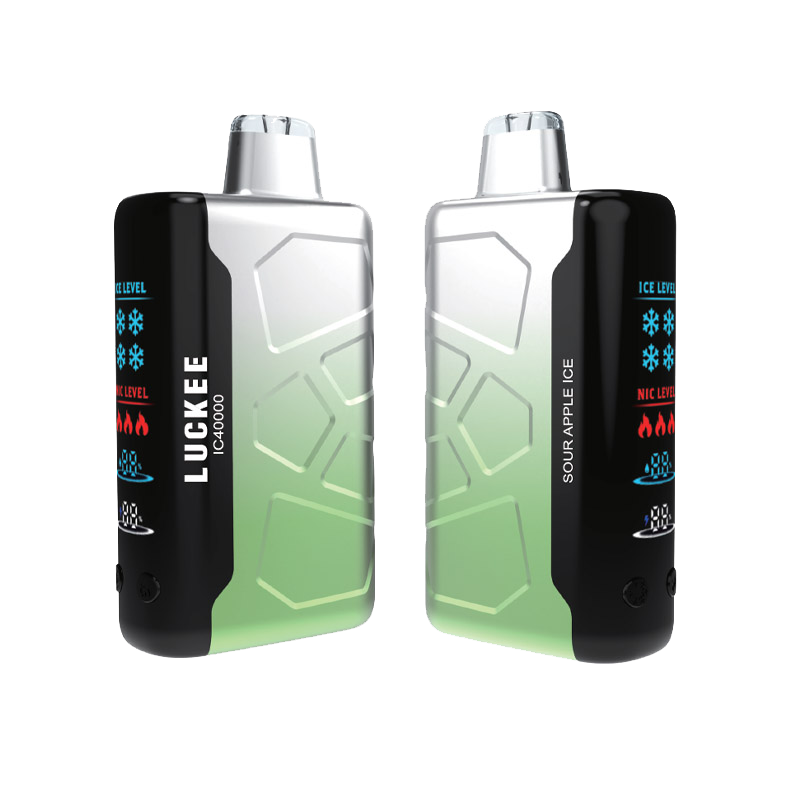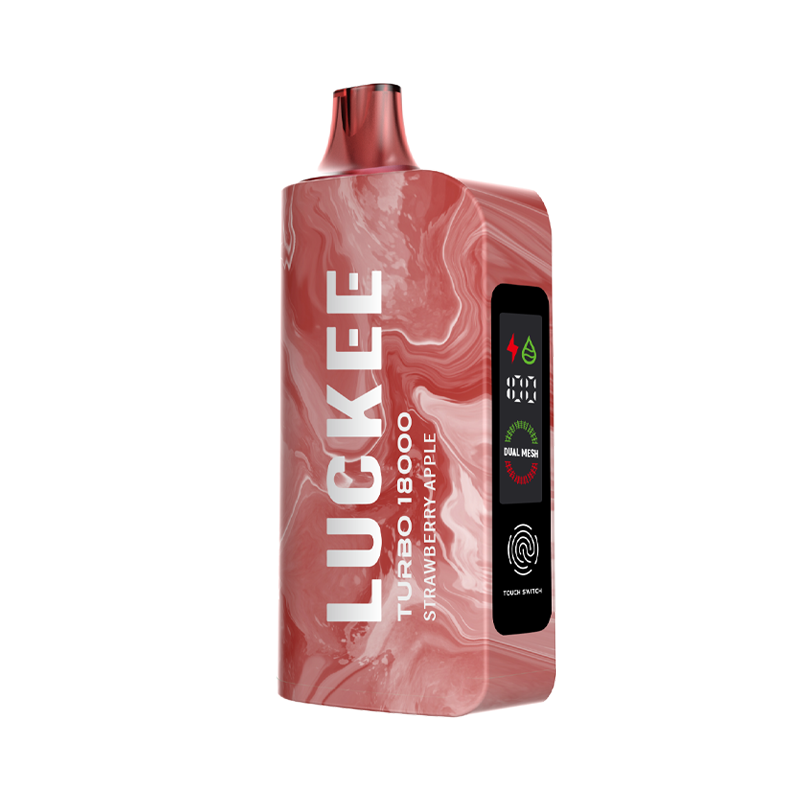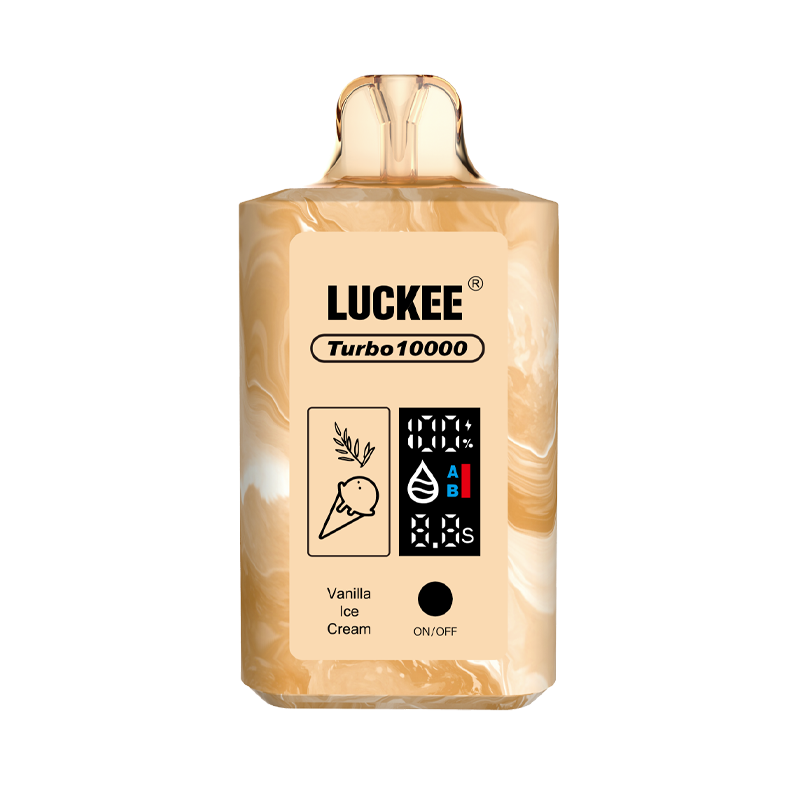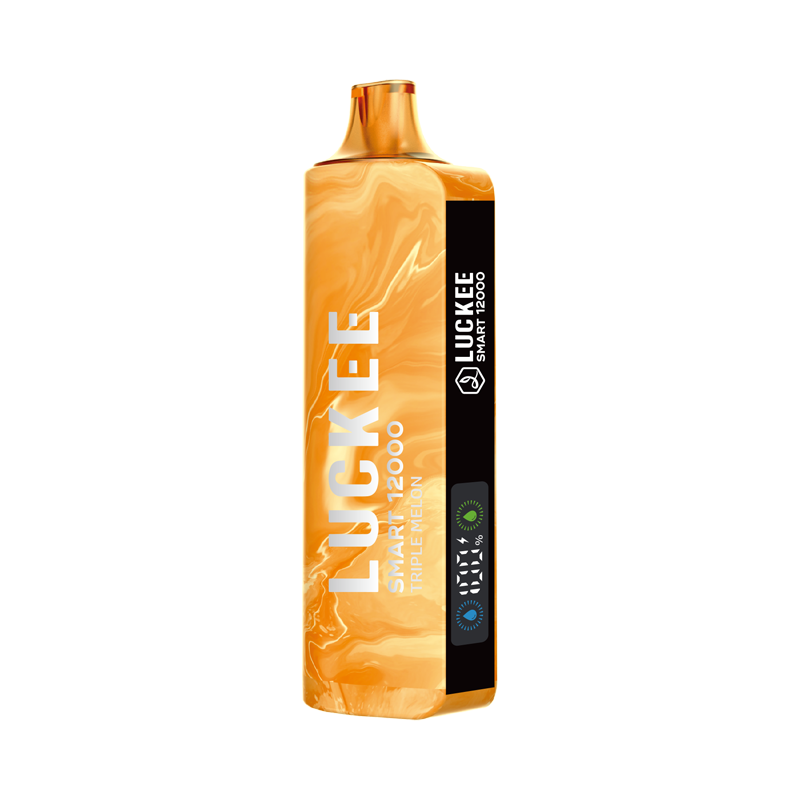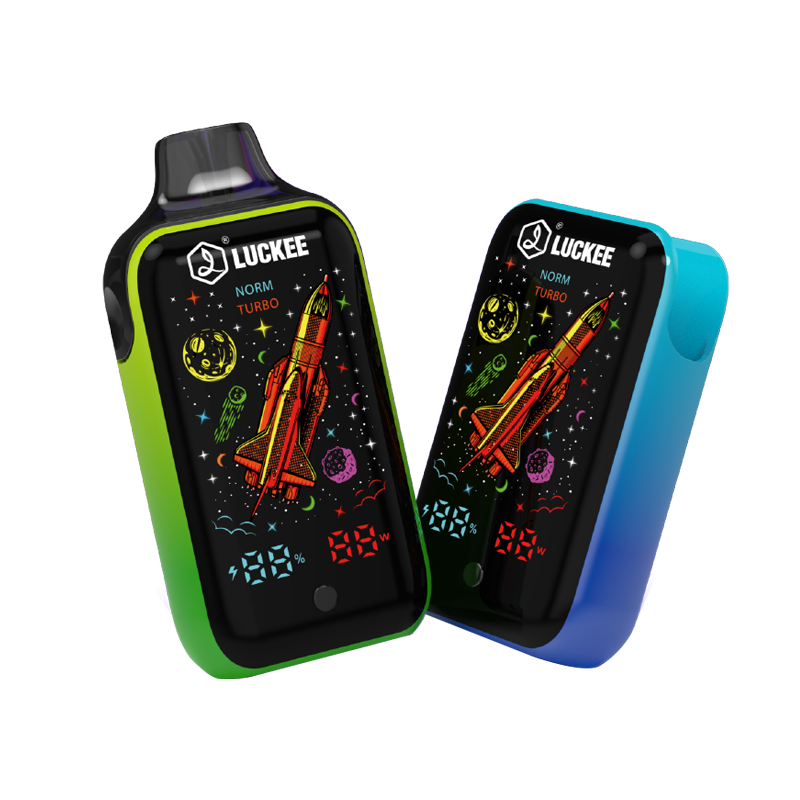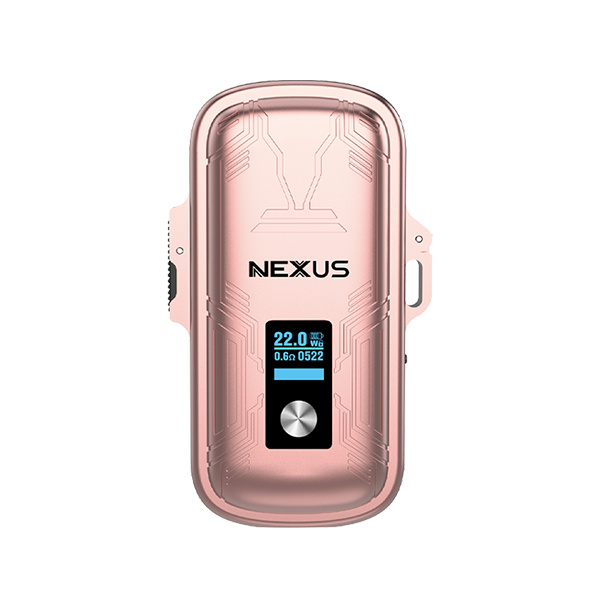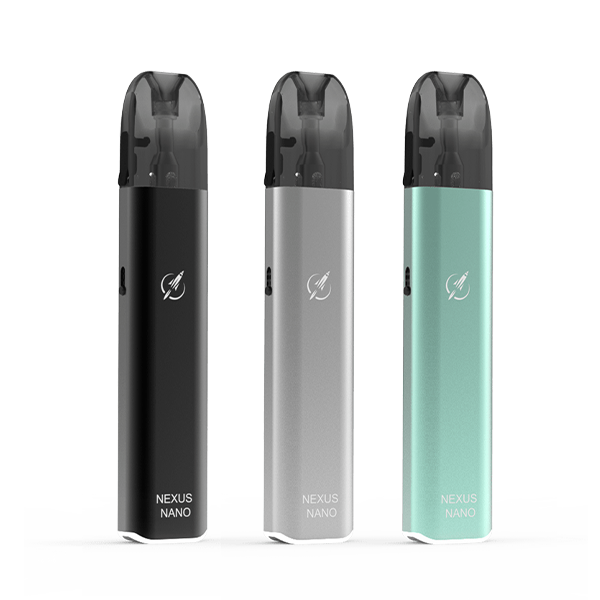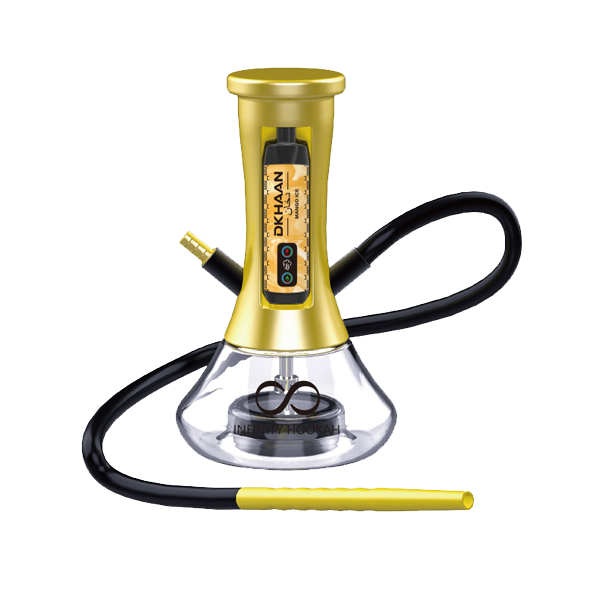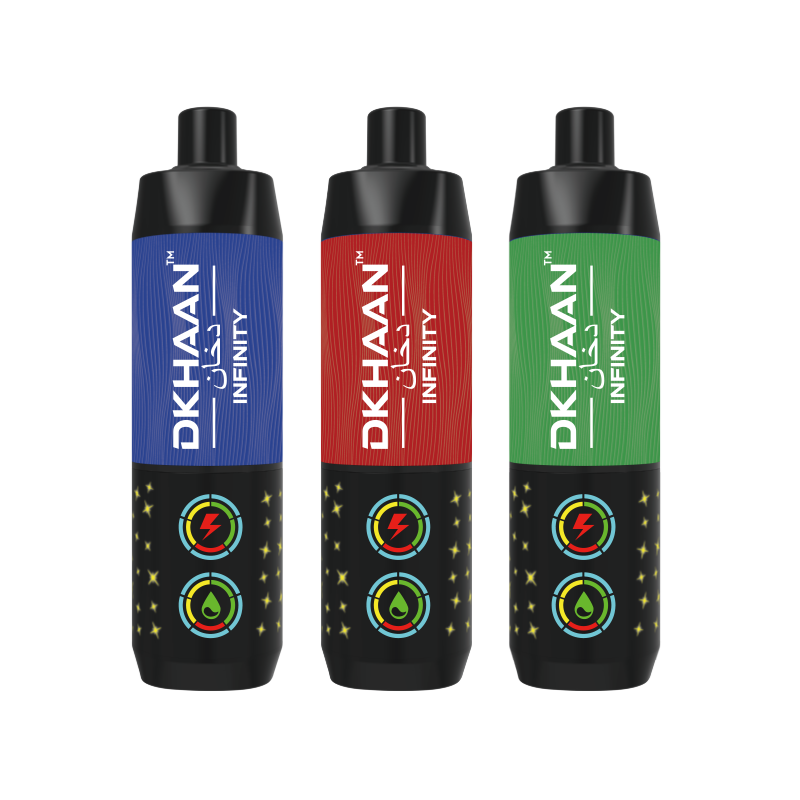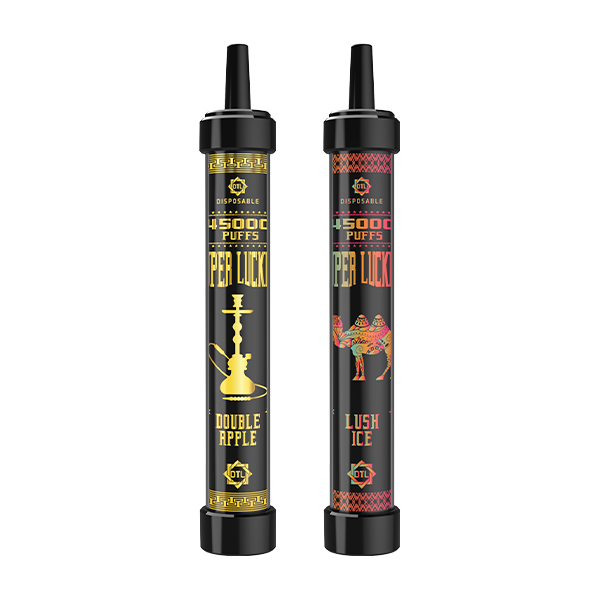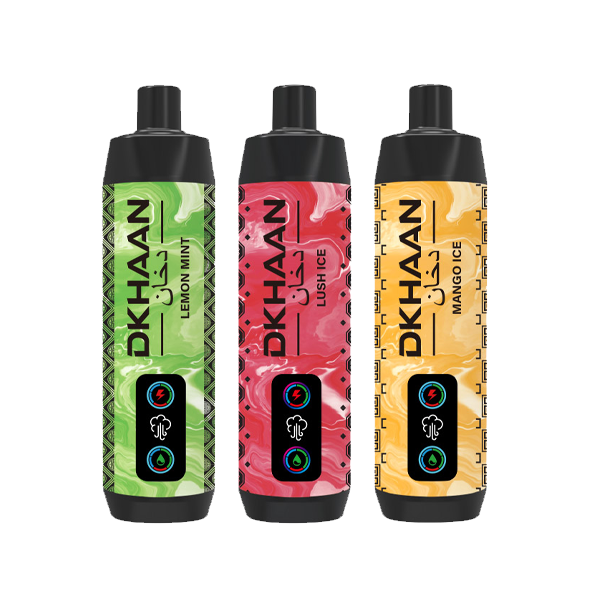Are Nicotine Free Vapes Safe?
As vaping continues to grow in popularity, many health-conscious users are switching to nicotine-free vapes in hopes of finding a safer alternative. Removing nicotine eliminates the addictive element, but does that mean these products are completely safe? Let’s take a closer look.
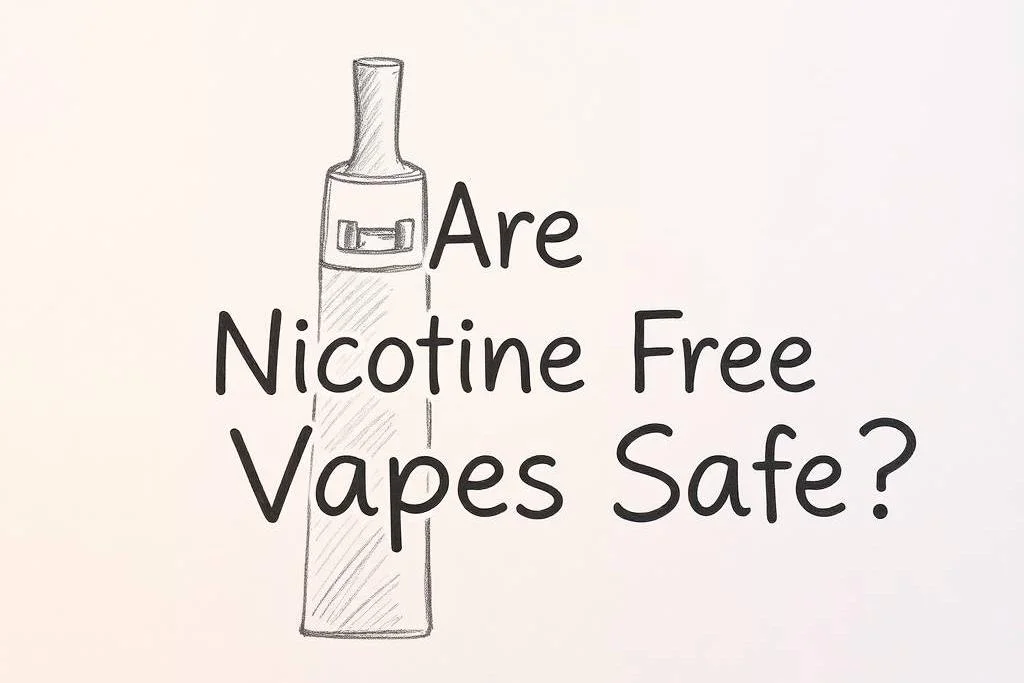
What Exactly Are Nicotine-Free Vapes?
Nicotine-free vapes—often labeled as 0mg e-liquids or zero-nicotine disposables—are devices or e-liquids formulated without nicotine. They usually contain:
-
Vegetable Glycerin (VG)
-
Propylene Glycol (PG)
-
Food-grade flavorings
-
Sometimes distilled water
They’re popular among those who have quit nicotine but still enjoy vaping, or people who want the sensory experience without the risk of dependency.
Why Do People Use Nicotine-Free Vapes?
There are several common motivations:
-
Avoiding Addiction: Skipping nicotine removes the risk of dependence and nicotine-related health impacts.
-
Stepping Down Nicotine Use: Former smokers/vapers may use 0mg products as a final stage in quitting.
-
Flavor Enjoyment: Many people simply enjoy the taste and variety of flavors.
-
Habit & Social Use: Some use vaping as a social or stress-relief habit without the nicotine buzz.
Are Nicotine-Free Vapes Actually Safer?
1. Lower Addiction Risk
Without nicotine, the potential for chemical dependency is virtually eliminated, along with nicotine’s cardiovascular effects.
2. No Combustion
Like all vapes, they avoid burning tobacco, so they don’t produce tar or carbon monoxide—two of smoking’s most dangerous toxins.
3. Remaining Risks
Zero nicotine doesn’t mean zero risk:
-
PG & VG: Safe in foods, but long-term inhalation may cause throat or airway irritation.
-
Flavorings: Some flavoring chemicals, such as diacetyl (largely removed from reputable products), have been linked to lung issues like popcorn lung.
-
Quality Control: In some markets, 0mg products aren’t as tightly regulated, so ingredient quality can vary.
What Health Authorities Say
-
Public Health England (now the Office for Health Improvement and Disparities) has stated vaping is significantly less harmful than smoking—though their data mainly refers to nicotine vapes used as a quit aid.
-
CDC & FDA in the U.S. remain cautious, highlighting the lack of long-term research on inhaling vaporized ingredients, with or without nicotine.
Are They Suitable for Teens or Non-Smokers?
Even without nicotine, health experts do not recommend vaping for non-smokers or youth. Risks include:
-
Building a habitual vaping behavior.
-
Normalizing flavored aerosol inhalation.
-
Unknown long-term effects on developing lungs.
Conclusion
Nicotine-free vapes are less harmful than smoking or nicotine-based vaping, mainly due to the absence of addiction risk and certain toxins. However, they are not completely risk-free. If you’re using them to quit nicotine, they can be a useful tool. If you’re a non-smoker, the safest choice is not to vape at all.

